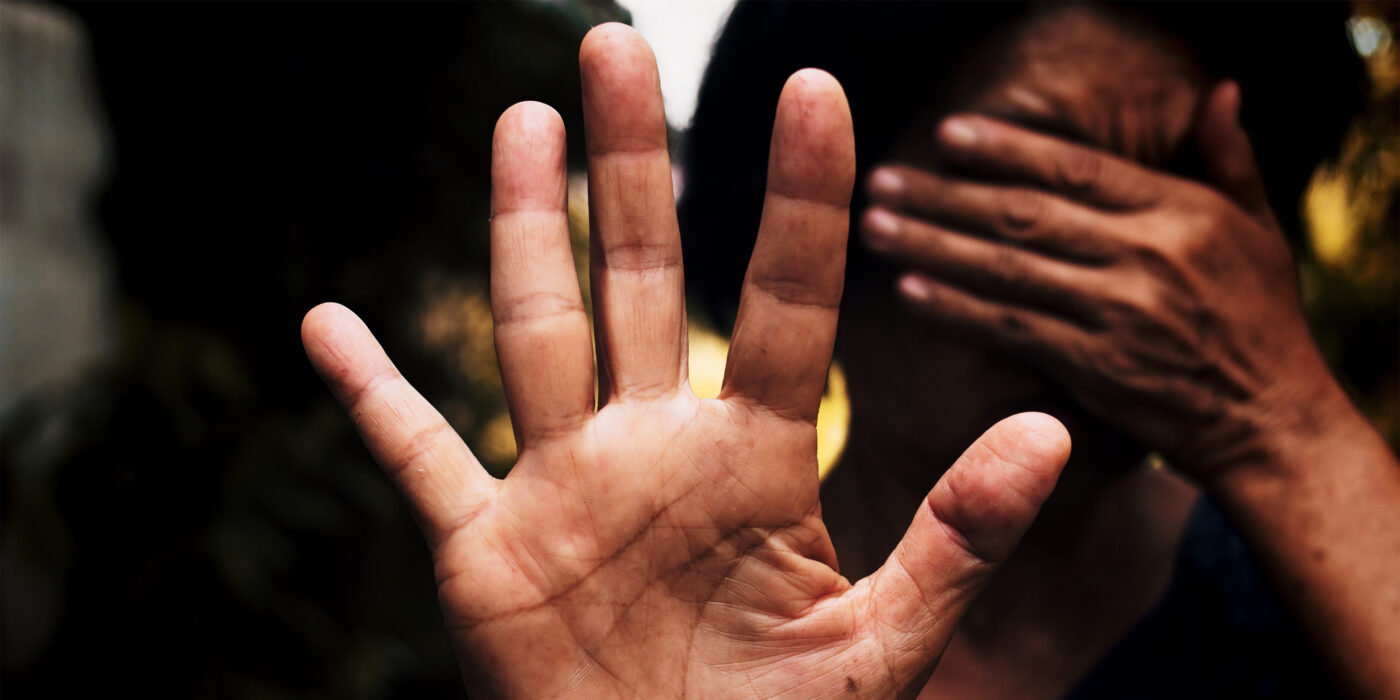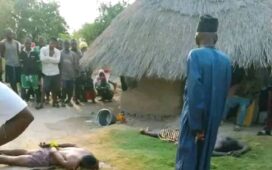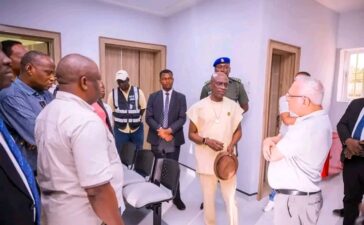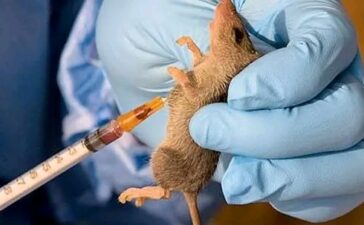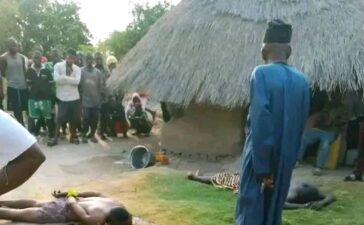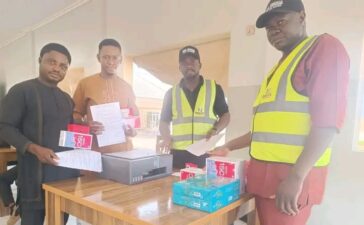Join our WhatsApp channel HERE for the latest Benue news and updates!
In a significant step toward combating sexual and gender-based violence (SGBV) in Nigeria, the British High Commission has selected Benue State as a pilot location for a transformative forensic science initiative. This groundbreaking project aims to enhance the investigation and prosecution of rape and sexual assault cases, bringing hope to survivors and strengthening the justice system.
The announcement came during a courtesy visit to Mrs. Theresa Apochi-Ikwue, Benue State Commissioner for Women Affairs and Social Welfare, by Mr. Kelvin Hurley, a British Police officer with Scotland Yard, and Mr. Roger Raweus, a retired British military officer and Senior Advisor with SPRING Tetra Tech International Development Company, Abuja.
A Game-Changing Forensic Approach
The initiative, fully funded by the British Government, will leverage advanced DNA testing to analyze biological samples such as semen, saliva, or blood collected from survivors. According to Hurley, the goal is to develop DNA profiles that can accurately identify suspects, ensuring perpetrators are brought to justice. In cases where rape results in pregnancy, the project will also use DNA testing to establish paternity, providing critical evidence for legal proceedings.
Beyond sexual violence, the project will strengthen investigations into other crimes, such as kidnapping and banditry, by equipping law enforcement with cutting-edge forensic tools. The initiative includes comprehensive training for police officers, doctors, health personnel, social workers, and other professionals on the proper collection, preservation, and use of forensic evidence.
Building a Robust Support System
The British Government’s support extends beyond forensic technology. The project will facilitate the establishment of modern shelters for survivors and bolster the Sexual Assault Referral Centre (SARC) in Benue. Additionally, it will advocate for stronger legal provisions to ensure forensic evidence is admissible in court, addressing gaps in the current judicial framework.
Mrs. Linda Dirisu, State Coordinator of SARC, highlighted a key challenge: after 78 hours, obtaining accurate test results from survivors becomes difficult. Hurley addressed this concern, noting that forensic science allows investigators to gather viable DNA evidence from clothing or other materials even days after an incident. This capability could revolutionize how SGBV cases are handled, ensuring justice is not hindered by time constraints.
A Collaborative Effort
The delegation emphasized the importance of collaboration with key stakeholders, including the Commissioners for Health, Justice, and Women Affairs, the Police, and the Director of Public Prosecutions. This synergy is critical to the project’s success, ensuring seamless implementation and widespread impact.
Mrs. Theresa Odachi Ikwue, Commissioner for Women Affairs and Social Welfare, expressed heartfelt gratitude to the British Government for choosing Benue as a pilot state. She reaffirmed the state government’s commitment to tackling SGBV and pledged her ministry’s full cooperation to make the initiative a success.
Mrs. Dirisu also commended the British Government, noting that the project would significantly enhance SARC’s ability to support survivors and reduce SGBV cases in Benue and beyond. “This intervention will empower us to handle cases more efficiently and deliver justice to survivors,” she said.
A Step Toward a Safer Future
The UK’s forensic science initiative marks a pivotal moment in the fight against sexual and gender-based violence in Nigeria. By equipping Benue with advanced tools, training, and infrastructure, the project promises to deliver justice for survivors and deter future crimes. With the commitment of local stakeholders and the support of the British Government, Benue is poised to become a model for addressing SGBV nationwide.
As this pilot project takes shape, it serves as a beacon of hope for survivors and a testament to the power of international collaboration in creating a safer, more just society.
Source: Daily Post Nigeria

